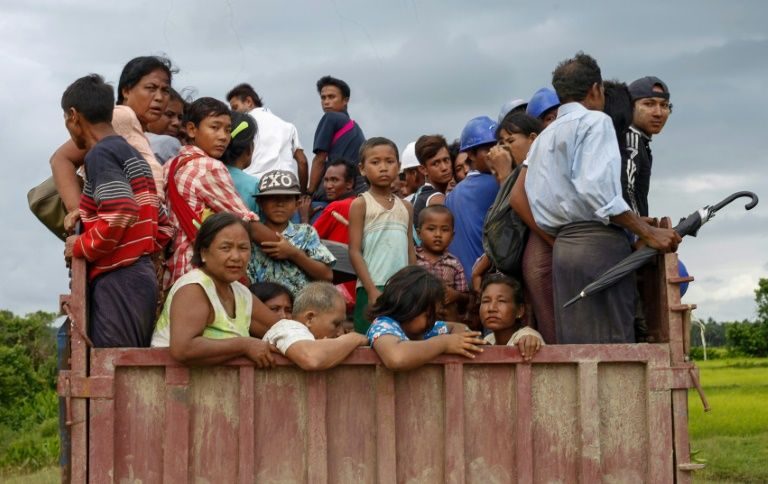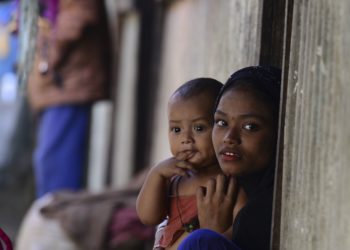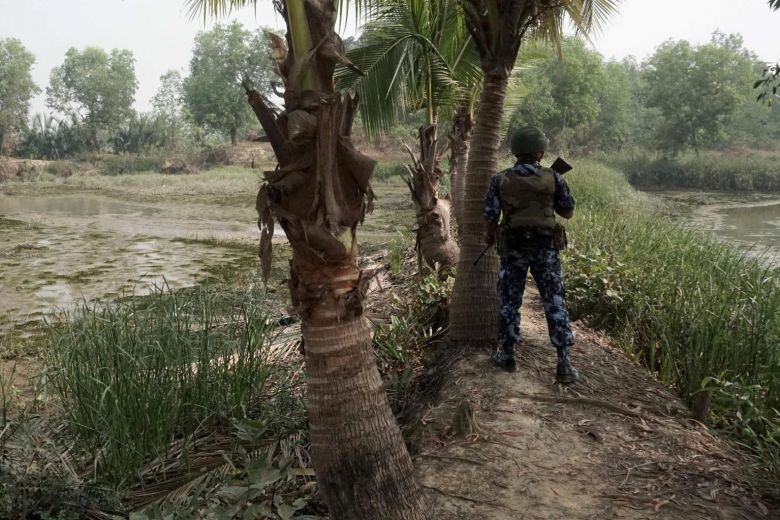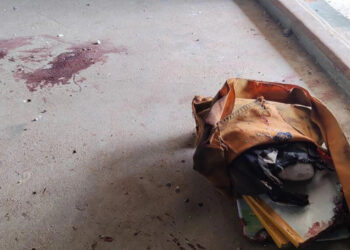Thousands of civilians, including Rohingya Muslims, have fled Myanmar for the border with Bangladesh after the army launched a massive military operation against Rohingya rebels in the Rakhine state.
The death toll in the latest phase of the conflict has risen to 98, including 80 Rohingya militants and 12 members of the security forces.
Recent fighting has also displaced thousands of civilians. The U.N. said at least 3,000 refugees have arrived in Bangladesh since Saturday. Currently, 400,000 people are stranded in Bangladesh, facing an uncertain future amid Dhaka’s refusal to grant any status to the fleeing Rohingya.
International rights organizations have urged the government of Bangladesh not to turn away the Rohingya.
Nobel Peace Prize Winner Aung San Suu Kyi, the national leader of Buddhist Myanmar, faces the challenge of dealing with the inhumane treatment of 1.1 million Rohingya by the army. Her deference in the matter to the army has been the object of international criticism. A U.N. report in February documented large-scale violence against Rohingya Muslims, forceful displacement and even the gang-rape of women.
In addition to the Rohingya, 4,000 non-Muslim residents in the Rakhine state where clashes are still continuing, fled the area to seek shelter near the Bangladesh border.
Myanmar’s non-recognition of its Muslim population as citizens is an enduring problem that has drawn international criticism. Pope Francis is planning to visit Myanmar and Bangladesh in November to focus international attention on the ongoing suffering of the Rohingya.






















